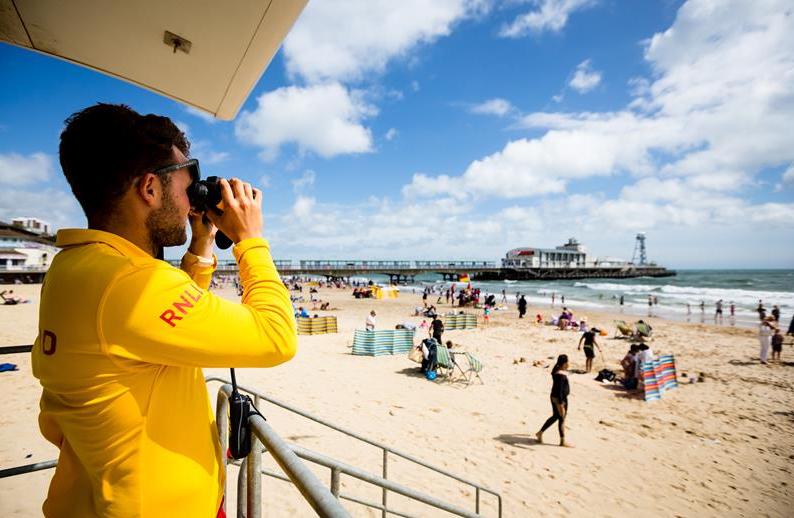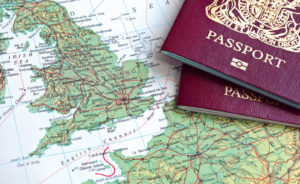RNLI issues warning ahead of Bank Holiday as teens rescued

The Royal National Lifeboat Institution (RNLI) has issued a safety warning ahead of the bank holiday weekend, urging people to take care and be aware of the dangers along the coast after two teenagers were rescued by RNLI lifeguards when they followed vital safety advice.
With warmer weather forecast, the lifesaving charity is reminding the public how to keep safe ahead of what is expected to be another busy bank holiday weekend at the coast in England, Wales and Northern Ireland.
On the same weekend last year the RNLI assisted more than 600 people in total with lifeboats launching 157 times and saving six lives, while RNLI lifeguards were equally busy on beaches, dealing with 314 incidents and aiding 406 people.
Last week, two teenage girls were rescued by lifeguards from a rip current at Roker, Sunderland, after remembering how to Float to Live, having been told about the lifesaving technique at school.
“When the lifeguards reached them, they were floating on their backs after remembering how they had been told about the Float to Live technique at school, which is to lie on your back with your arms and legs out like a starfish,” says Gareth Morrison, head of water safety for the RNLI.
“It is that kind of knowledge about what to do in an emergency that can and does save lives. As the school summer holidays are nearing the end, we’re urging people not to become complacent about the dangers of the sea and coastal areas and to follow our simple safety advice.”
“RNLI lifeguards are still operating on more than 240 beaches. If you are heading to the coast, please choose a lifeguarded beach, where possible, and swim between the red and yellow flags.”
Earlier this month, a father and son from Leeds were rescued by RNLI lifeguards on Bantham Beach, in Devon, after a rip current pulled them towards rocks while bodyboarding.
Oliver Gregory, 47, father of 11-year-old Joshua says: “We initially went in the water in between the red and yellow flags, but a combination of not looking back at the beach for a reference position and the power of the current, swept us to the side of the bay.
“We tried to swim back to shore but were not making much progress and as we were still being dragged to the rocks when we began to get concerned. I was so relieved when I saw the lifeguards were heading towards us.”
Watch their rescue below:
The RNLI’s key safety advice is:
- Visit a lifeguarded beach and swim between the red and yellow flags
- If you get into trouble Float to Live – lie on your back and relax, resisting the urge to thrash about
- Call 999 in an emergency and ask for the Coastguard










